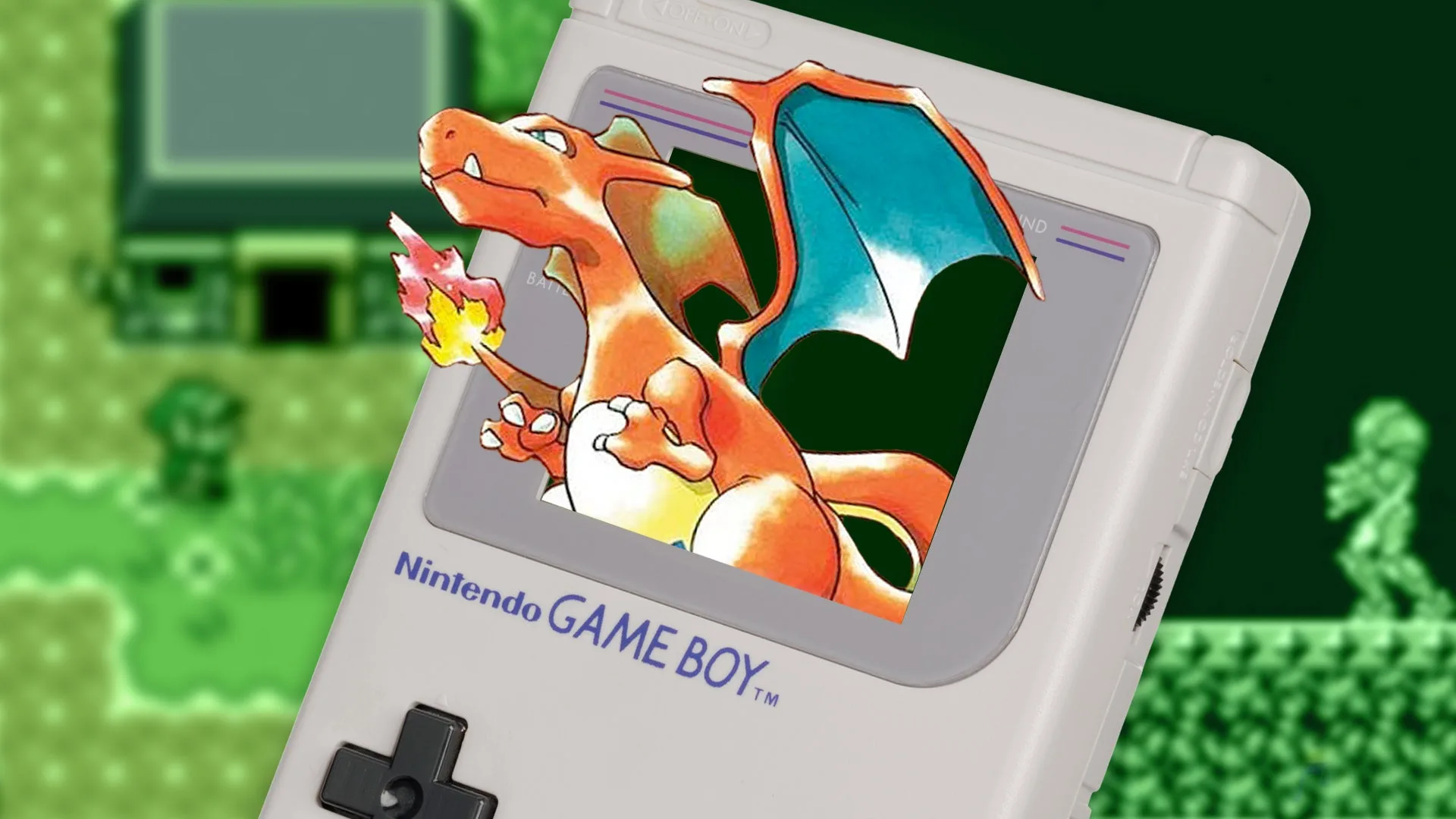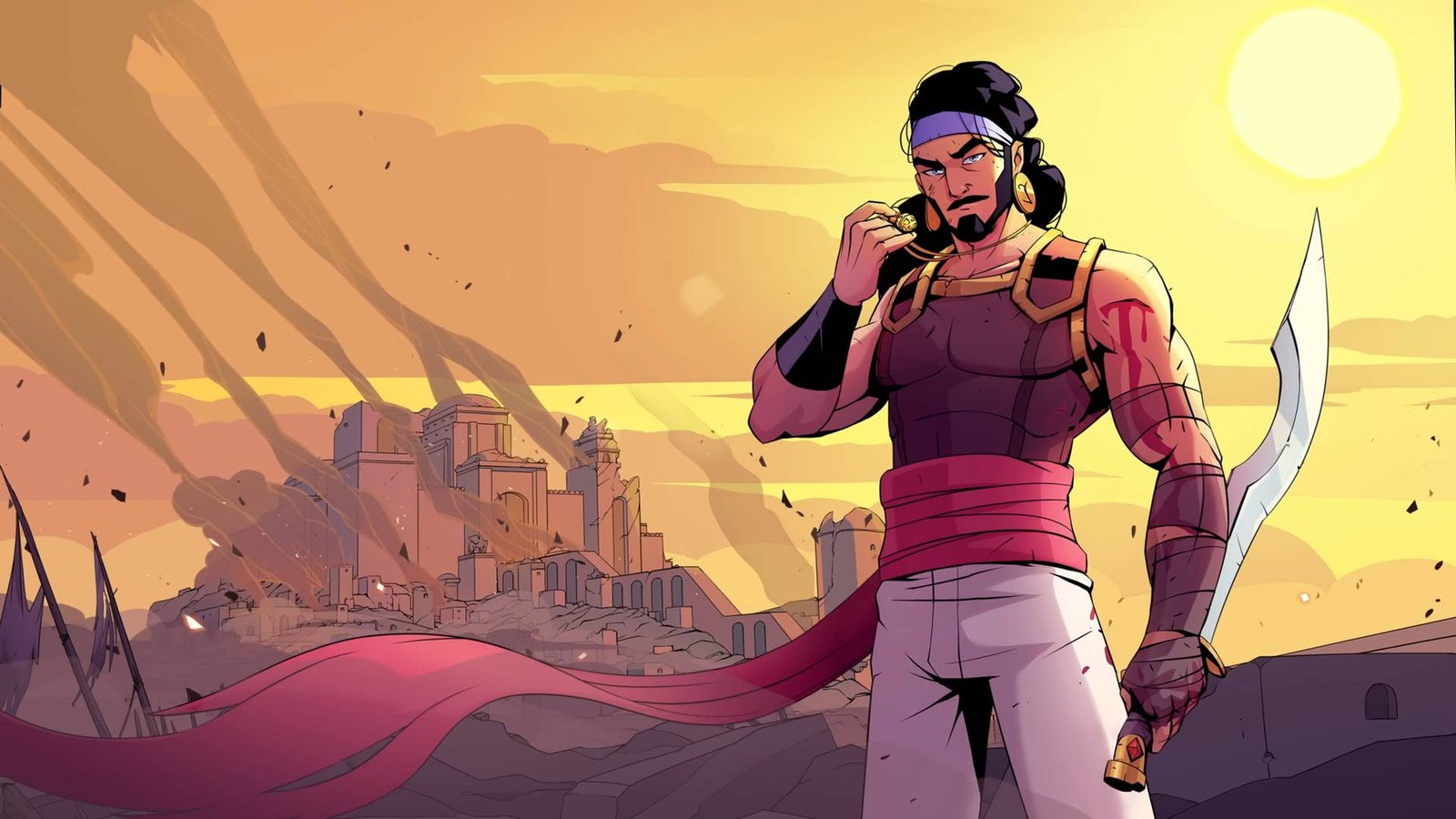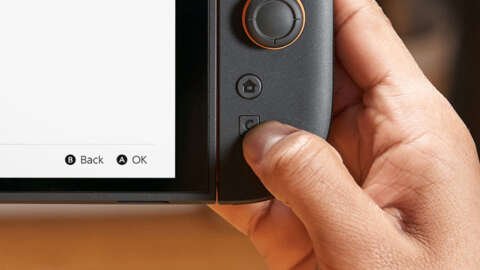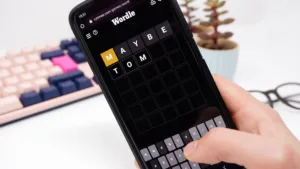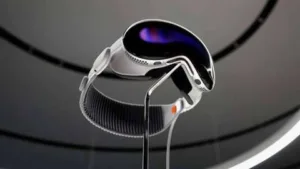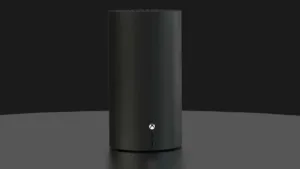The 16 Best Game Boy Games of All Time
Estimated reading time: 10 minutes
On July 31, 2023, Game Boy turns 34 in North America. Nintendo’s first-ever handheld console came stateside in 1989 and dominated the portable gaming market for nine years until the release of its successor, Game Boy Color, in 1998.
The humble 2.6-inch black-and-white display was a generation’s portal into on-the-go gaming, introducing the world to now-legendary Nintendo franchises like Pokemon, Kirby, and Wario. It ended its run with 118.69 million units sold, good for fourth on the list of all-time best-selling consoles.
To commemorate the 34th anniversary of the console’s North American release, IGN’s editors have created a list of the 16 best Game Boy games of all time.
To be eligible for this list, a game must have been released on the original Game Boy (no Game Boy Color exclusives).
16. Final Fantasy Legend 2
Despite carrying the Final Fantasy name, Legend 2 is the second game in Square’s SaGa series of more systems-heavy turn-based RPGs. (The Final Fantasy name was incorporated for the series’ North American release as Square, according to SaGa director Akitoshi Kawazu, “was trying to create a very simple ‘Square = Final Fantasy’ formula” in the West.)
The first two SaGa/Final Fantasy Legend games are among the Game Boy’s first-ever RPGs, and with expanded gameplay systems, graphical improvements, and a more impactful story, Final Fantasy Legend 2 stands above its predecessor.
Initial Release Year: 1990 (JP) | IGN’s Final Fantasy Legend 2 review
15. Donkey Kong Game Boy
Donkey Kong for Game Boy is a massive expansion and improvement on the Donkey Kong arcade game. The GB version includes all four levels found in the 1981 original as well as 97 additional stages, moving beyond the original’s construction site into the jungle, arctic, and beyond.
The additional 97 levels are filled out with a mix of platforming and puzzle-solving, aided by Mario’s newfound ability to pick up and throw items à la Super Mario Bros. 2.
Initial Release Year: 1994 (WW) | IGN’s Donkey Kong Game Boy review
14. Final Fantasy Legend 3
Final Fantasy Legend 3 (SaGa 3 in Japan) retains the series’ solid turn-based RPG gameplay while incorporating a deeper and more engaging story than its predecessors. Legend 3 is a time-travel story where past actions appropriately affect the present, just as present actions affect the future. As noted in our review, Legends 3, in this respect, has much in common with another excellent RPG from Square, Chrono Trigger.
Initial Release Year: 1991 (JP) | IGN’s Final Fantasy Legend 3 review
13. Kirby’s Dream Land
Kirby’s Dream Land was the first-ever game to feature Nintendo’s now-famous pink puff — and the first-ever game designed by Smash Bros. director Masahiro Sakurai. The side-scrolling action-platformer also introduced recurring character King Dedede and the whimsical world of Dream Land, as well as the staple abilities Kirby possesses to this day: self-inflating in order to fly and swallowing enemies (though he was then unable to copy their abilities; he’d instead spit them out as star-shaped projectiles).
The bite-sized game consists of five levels and can easily be completed in under an hour.
Initial Release Year: 1992 (WW) | IGN’s Kirby’s Dream Land review
12. Donkey Kong Land 2
Donkey Kong Land 2 is a remixed, handheld version of the beloved SNES platformer Donkey Kong Country 2. The Game Boy version features the same playable characters (Diddy and Dixie Kong) and premise (rescue Donkey Kong from Kaptain K.Rool), though the level and puzzle design were altered to adapt to the less-powerful hardware. It’s a great platformer in its own right and, like Donkey Kong Land before it, was released on a sweet banana-yellow cartridge.
Initial Release Year: 1996 (WW)
11. Kirby’s Dream Land 2
Compared to its predecessor, Dream Land 2 is much more of a Kirby game as we know it today: The sequel allows players to mix and match powers thanks to the introduction of Kirby’s ability-altering animal friends and his signature ability-absorbing power. Dream Land 2 is also packed with more content than the original — three times as much, according to IGN sister site How Long to Beat.
Initial Release Year: 1995 (WW)
10. Wario Land 2
Months before the debut of the Game Boy Color, Nintendo released Wario Land 2 for its original handheld system. Wario is a much heartier playable character than Mario — his moveset, led by a powerful charge attack, enables more aggressive gameplay, as does his immortality (Wario cannot die in Wario Land 2).
Over the course of its 50+ levels, Wario Land 2 impresses with great variety in its boss battles and a surprisingly complex web of hidden exits, secret paths, and alternate endings.
Initial Release Year: 1998 (WW) | IGN’s Wario Land 2 review
9. Wario Land: Super Mario Land 3
An early example of Nintendo’s inclination toward the experimental, Wario Land: Super Mario Land 3 ditches the company’s well-known mascot in favor of an unproven, previously unplayable menace. It served as both the third entry in Nintendo’s Super Mario Land series and the first in its Wario-led spinoff series.
Wario Land broadly retained the platforming structure of Super Mario Land, though Mario’s boisterous counterpart replaced mushrooms with garlic and introduced new gameplay wrinkles, including more avenues for exploration and a new set of power-inducing hats: Bull Cap (ground pound and stick to ceilings), Dragon Cap (shoot a stream of fire), and Jet Cap (glide through the air).
Initial Release Year: 1994 (WW) | IGN’s Wario Land: Super Mario Land 3 review
8. Super Mario Land
One of two Game Boy launch titles on this list, Super Mario Land was Nintendo’s first-ever Mario platformer designed and released exclusively for handheld. Super Mario Land retained the basic premise of its 2D-platforming console counterpart, Super Mario Bros., though as necessitated by the Game Boy’s 2.6-inch screen, all gameplay and design elements were drastically shrunk. The result was an oddball version of a Mario game, with exploding Koopa shells, rubber-like ‘Superballs’ instead of fireballs, and two forced-scrolling shooting levels in the vein of Konami’s Gradius.
Super Mario Land also introduced Princess Daisy, who briefly supplanted Peach as Mario’s damsel in distress.
Initial Release Year: 1989 (WW) | IGN’s Super Mario Land review
7. Dr. Mario
A Tetris-like falling-block puzzle game, Dr. Mario tasks players with destroying viruses by matching the colors* of on-screen virus sprites with the colors of falling pill capsules. The familiar and addictive gameplay loop paired with the novelty of Mario as a doctor made Dr. Mario one of the most beloved and memorable Game Boy titles.
*Given the Game Boy’s black-and-white screen, the handheld version displayed white, black, and shaded pills/viruses in place of the red, yellow, and blue seen in the NES version.
Initial Release Year: 1990 (WW) | IGN’s Dr. Mario review
6. Super Mario Land 2: 6 Golden Coins
The best of Nintendo’s Mario/Wario Game Boy platformers is Super Mario Land 2: 6 Golden Coins. The sequel was a massive improvement on the original with more fluid gameplay and notably bigger, more detailed sprites. Mario Land 2 also added the ability to backtrack (the original’s screens only moved right), a Super Mario World-like overworld, and six cleverly designed zones that players can tackle in the order of their choosing.
6 Golden Coins ditched the original’s Superball Flower in favor of the more familiar and satisfying Fire Flower and introduced Bunny Mario, who can jump higher and glide through the air. Wario, who became the series’ playable character in Super Mario Land 3, debuts here as the game’s main villain.
Initial Release Year: 1992 (WW) | IGN’s Super Mario Land 2 review
5. Tetris
Tetris may come in as our fifth-ranked Game Boy game, though it’s arguably the handheld console’s most important. In North America and Europe, Tetris was synonymous with Game Boy, as it was included as a pack-in game for the system’s launch in 1989. The timeless puzzler was a perfect fit for on-the-go gameplay and is credited with helping boost and maintain Game Boy sales for Nintendo.
The Game Boy version featured three modes: A-Type (endless mode), B-Type (25-line speed-based mode), and 2 Player (head-to-head multiplayer via the Game Link Cable — Tetris was the first Game Boy game to utilize the accessory). It sold 35 million units on the console, making it the best-selling single Game Boy release ever. (It’s the second-best-selling overall behind the collective sales total of Pokemon Red/Green/Blue/Yellow).
Initial Release Year: 1989 (WW) | IGN’s Tetris review
4. Metroid 2: Return of Samus
Metroid 2: Return of Samus, the franchise’s second-ever game and its first on handheld, encapsulates much of what makes the series so special: It’s a superpowered solo quest with an eerie sense of isolation amplified by cramped, purposefully obtuse level design.
Return of Samus introduced several lasting weapons and abilities, including the Plasma Beam, Space Jump, and the all-important Spider Ball. Its staying power extends to its narrative as well, introducing Baby Metroid and setting up the events of its extraordinary SNES sequel, Super Metroid.
Metroid 2 was remade for 3DS in 2017 as Metroid: Samus Returns.
Initial Release Year: 1991 (NA) | IGN’s Metroid 2 review
3. Pokemon Red and Blue
The games that began the Pokemon craze 27 years ago, Pokemon Red and Blue quickly became must-play games on Game Boy. The creature-collecting and -battling games introduced the rich world of creatures, characters, and companionship Pokemon remains known for to this day. Players embarked on a journey to become Kanto’s Champion, collecting, training, and battling Pokemon to defeat the region’s eight gym leaders and Elite Four.
The humble Game Boy games, inspired by creator Satoshi Tajiri’s childhood love of insect collecting, spawned the highest-grossing media franchise ever with over 100 sequels and spinoffs, an internationally popular trading card game, dozens of successful movies and TV series, and endless merch.
Initial Release Year: 1996 (JP) | IGN’s Pokemon Red review
2. The Legend of Zelda: Link’s Awakening
Zelda debuted on a handheld console for the first time with the franchise’s fourth game, The Legend of Zelda: Link’s Awakening. A Zelda adventure unlike any other, the game begins with Link shipwrecked and stranded on Koholint Island away from the familiarity of Hyrule. As Link, the player is tasked with dungeon-crawling about the island to collect eight instruments before ascending to the top of a mountain to wake the divine Wind Fish who sleeps within a giant egg.
Like the Zelda games before it, the gameplay of Link’s Awakening balances combat, exploration, and puzzle-solving. It’s a solid Zelda game by those traditional measures, elevated by a strange, secret-filled, surrealist story worthy of its Twin Peaks inspiration.
A full remake of Link’s Awakening was released for Switch in 2019.
Initial Release Year: 1993 (WW) | IGN’s Link’s Awakening review
1. Pokemon Yellow
To a subset of owners, Game Boy was primarily a Pokemon machine, and Pokemon Yellow was the console’s definitive Pokemon experience. The enhanced version of Game Freak’s first-ever Pokemon adventure most notably replaced the player’s starter Pokemon with a companion Pikachu that followed you around in the overworld.
Game Freak made other changes in Yellow to align with the first season of the Pokemon anime, adding Team Rocket’s Jessie and James and remixing the gym leaders’ parties (Giovanni swaps out a Rhyhorn for his signature Persian, for example).
Pokemon’s first generation of games (Yellow, Red, Blue, and Green) remain its best-selling with an estimated 47 million copies sold — good for 12th place on the list of all-time best-selling video games. Approaching three decades later, the franchise is still thriving today: the latest games, Pokemon Scarlet and Violet, are among Nintendo’s fastest-selling games ever, and the game franchise’s collective sales total is nearing 500 million copies.
Initial Release Year: 1998 (JP) | IGN’s Pokemon Yellow review
